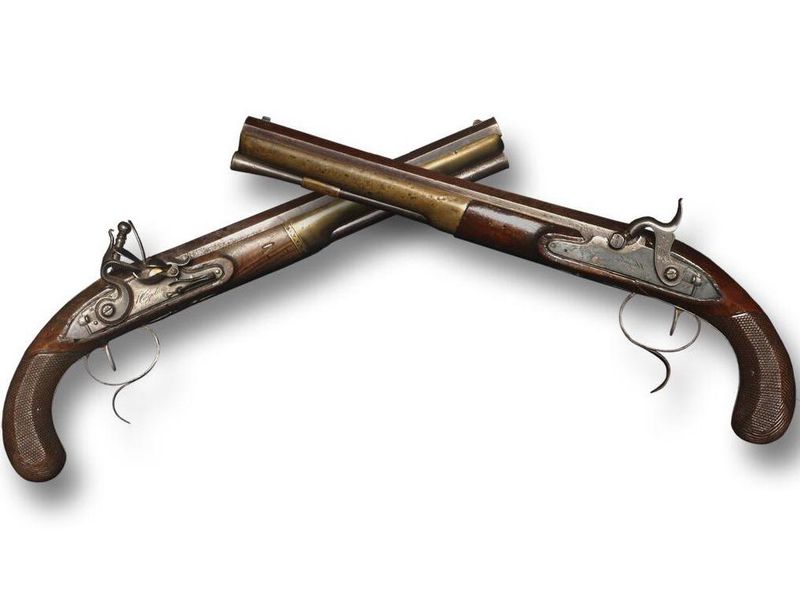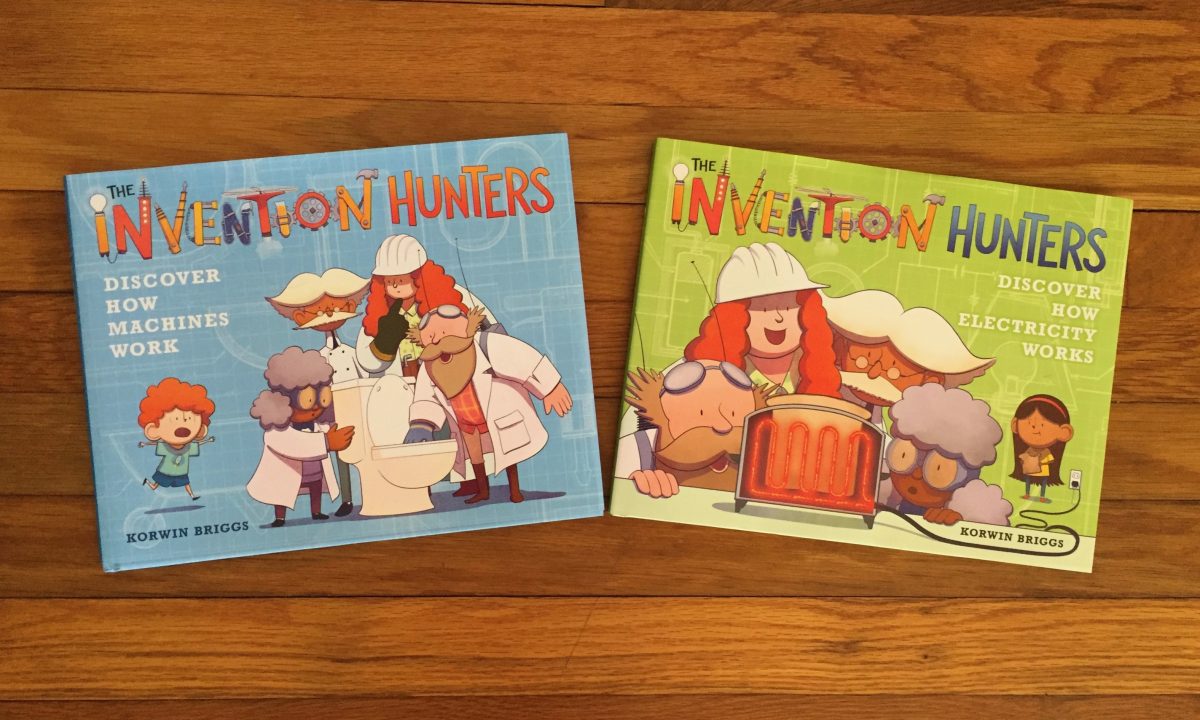The last time a Presidential candidate shot his competitor was around 7:00 AM, July 11, 1804. To be sure, it was some years after Alexander Hamilton and Aaron Burr had first competed for the public’s approval, and Hamilton never actually ran for President, but the intensity of their dislike for each other resulted in the famous duel that cost Hamilton his life and Aaron Burr his reputation (which, in those days was considered as important as one’s life – hence the duel.)
It was triggered by animosity that had flown back and forth between the two men for years as Burr chased the Presidency and Hamilton opposed him.
There was Hamilton’s line in 1796, “I feel it is a religious duty to oppose his career.”
Or his January 4, 1801 comment, “Mr. Burr will probably make stipulations, but he will laugh in his sleeve while he makes them and will break them the first moment it may serve his purpose.”
(Hey! History does repeat itself!)
That didn’t do it though. What really got under the burr in Burr’s saddle was being called “despicable” by Hamilton in April of 1804. Three months later he was dead.
Apparently in those days, “despicable” was a fighting word.
(It’s not an exact repeat of history, but Hillary Clinton’s “deplorables” immediately comes to mind. I wonder how she did in American History.)
35 years after Hamilton’s death, in 1839, British author Edward Bulwer-Lytton decided that “the pen is mightier than the sword”. I’m not sure that officially ended politicians’ shooting each other, but it makes a nice coda, doesn’t it?
And it may be why British politicians decided to use humor to leaven political insult.
”The Right Honorable Gentleman’s smile was like the silver plate on a coffin. “ – Benjamin Disraeli about Robert Peel.
“He was a great man in an era of small events.” – Winston Churchill on Prime Minister Lord Rosebery.
“If Gladstone fell into the Thames, that would be a misfortune. If anybody pulled him out, that, I suppose, would be a calamity.” – Former British Prime Minister Benjamin Disraeli on Former British Prime Minister William Gladstone.
John Montagu: “Sir, I do not know whether you will die on the gallows or of the pox!” John Wilkes: “That, sir, depends on whether I first embrace your Lordship’s principles or your Lordship’s mistresses.”
Winston Churchill on Prime Minister Clement Attlee: “An empty cab pulled up to Downing Street. Clement Attlee got out.”
“She probably thinks Sinai is the plural of sinus.” – MP Jonathan Aitken on Prime Minister Margaret Thatcher.
British Prime Minister David Cameron on former Prime Minister Tony Blair: “He was the future once.”
Not to be outdone, American politicians have also brought wit to politics.
“No more backbone than a chocolate éclair.” Assistant Secretary of the Navy Teddy Roosevelt on President William McKinley.
“People might cite George Bush as proof that you can be totally impervious to the effects of a Harvard and Yale education.” Barney Frank.
“Bill Clinton’s foreign policy experience is pretty much confined to having had breakfast once at the International House of Pancakes.” Pat Buchanan.
“History buffs probably noted the reunion at a Washington party a few weeks ago of three ex-presidents: Carter, Ford, and Nixon — See No Evil, Hear No Evil, and Evil.” – Bob Dole
“He’s a nice guy, but he played too much football with his helmet off.” Lyndon Johnson on Gerald Ford.
And then there was the more recent 2011 Correspondents’ Dinner, when Obama offered “the long version” of his birth certificate: a clip of the birth scene from The Lion King (see it here: https://www.youtube.com/watch?v=k8TwRmX6zs4).
Now, that was really funny and really insulting .
To me, those zingers are a lot more effective than “despicable”, if for no other reason than they trigger laughs, not duels.
Humor does bring civility to an otherwise brutal contest.
I know what you’re thinking. Now he’s going to compare these political zingers to those of the politicians of today. He’s going to compare people like Churchill and Disraeli, Roosevelt and Dole, to (at this writing) 26 candidates and “he-who-needs-no-introduction”.
Nah…. why would I do that when the next 16 months will do it for me?




